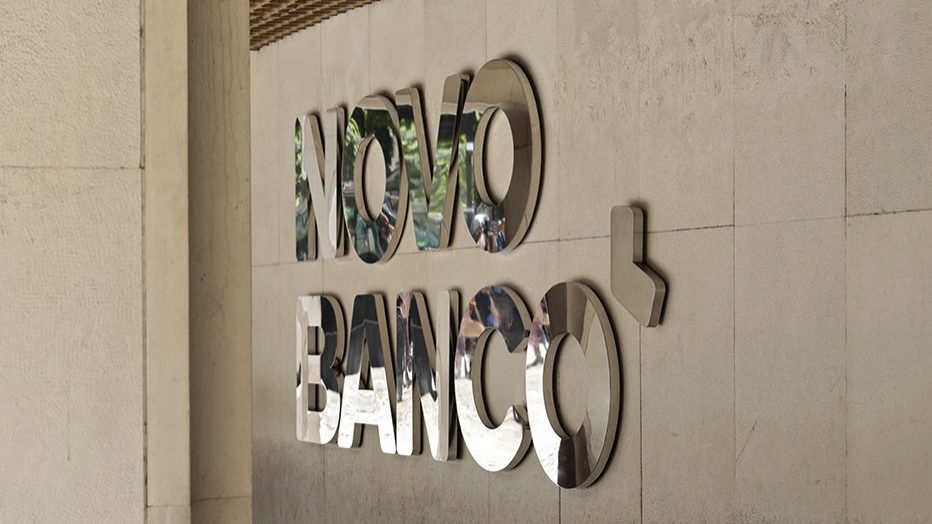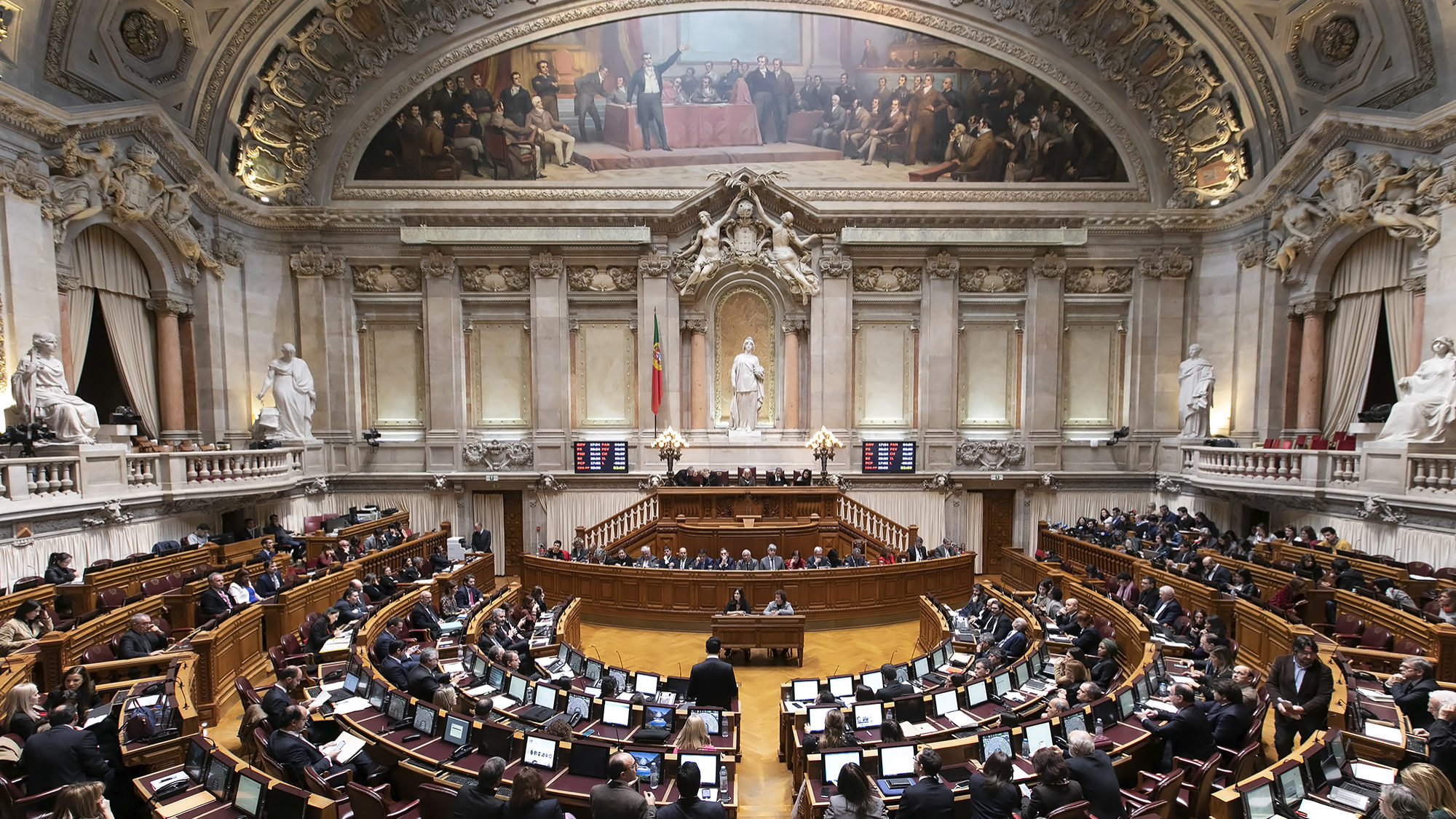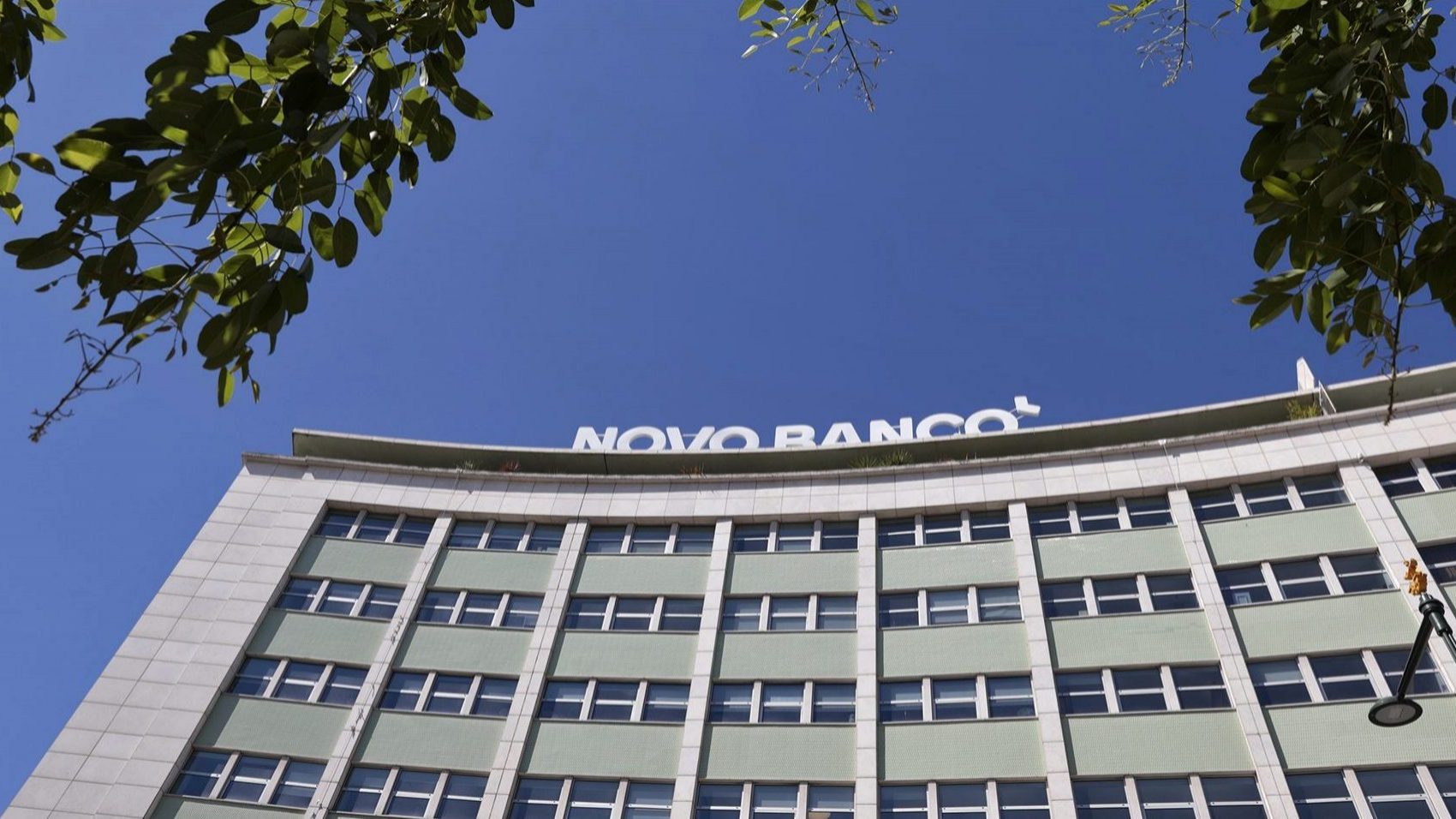Treasury lacks information on sale of Novo Banco to Lone Star
The Court of Auditors (TdC) released an audit to the National Bank Resolution Authority, saying the Ministry of Finance does not show that it has all the data on the sale of Novo Banco to Lone Star.
The Court of Auditors considers that the Ministry of Finance does not show that it has all the information on the sale of Novo Banco to Lone Star, according to the audit released on Wednesday evening.
The Court of Auditors (TdC) released an audit to the National Bank Resolution Authority, under the responsibility of the Central Bank which includes questions to the Ministry of Finance on the stability of the financial system (including the Novo Banco), the respective answers and its assessment of those answers.
One of the questions relates to the fulfilment of the contracts for the State to lend money to the Resolution Fund, to recapitalise the Novo Banco, with the Finance Department answering that “the agreement has been fully complied with” and indicating the amounts made available each year (430 million euros in 2018, 850 million euros in 2019, 850 million euros in 2020).
In its appraisal, the TdC states that “not all the necessary and intended evidence was provided to justify a positive response to this question, namely all the documentation on the sale [in 2017] of 75% of the share capital of Novo Banco” to the US investment fund Lone Star.
“It can thus be seen that the Ministry of Finance does not have all the information on this operation, despite the fact that it was the Minister of State and Finance who concluded the framework agreement for the provision of financial means to meet the obligations of the Resolution Fund.”
Asked whether the assets included in the balance sheet of Novo Banco were audited or subject to another validation process, the Finance Department replied that in the BES settlement there was an assessment by PWC determined by the Bank of Portugal and that the Novo Banco’s accounts are subject to external validation.
However, the TdC again states that the response is not accompanied by the necessary evidence: “It is noted that the Ministry of Finance has no evidence on the validation of the maximum limit of 3.89 billion euros of losses in these assets that the contingent capital mechanism, contracted in 2017, obliges the Resolution Fund to cover. It also has no evidence on the audit process of the Novo Banco accounts or on the verification processes of the contingent capitalisation agreement, which are monitored by the Resolution Fund, since it has not sent this evidence either”.
As to whether the agreements entered into with Lone Star have been complied with, the Ministry of Finance replies that “it is not a party to the contracts associated with the sale operation”, these entities being the Resolution Fund and Lone Star.
For the TdC, “no evidence of compliance with the agreements in question has been provided”, and thus “notes that the Ministry of Finance does not have such information on the operation referred to”, despite having concluded the contract to finance the Settlement Fund.
Another TdC question is whether BES “was the most disastrous banking resolution ever made in Europe”, using a phrase of the former Finance Minister Mário Centeno in parliament.
In response, the Treasury says these are “statements made in the context of parliamentary debate”, but that the ‘toxic’ assets remaining in the Novo Banco indicate that “the resolution was made without knowledge of all accounting information on the actual value of the assets” such that, “so far, the capital injected into Novo Banco amounts to more than 10 billion euros, much more than was considered necessary at the time of the resolution in 2014”.
In assessing the response, the TdC states that the quoted phrase was immediately said “in the initial intervention” and that the response leads to the conclusion that “the ministry has no other documentary evidence” to prove it.
Born in the BES resolution (on August 3, 2014), 75% of the Novo Banco was sold in October 2017 to the US investment fund Lone Star, with the Bank Resolution Fund retaining 25%, in a solution agreed between the Bank of Portugal and the Government.
At the time of the sale, a contingent capital mechanism was agreed, which provides that by 2026 the Resolution Fund will compensate the Novo Banco for capital losses on a set of assets that it ‘inherited’ from BES up to 3.89 billion euros.
Since then and until today, the Resolution Fund has injected 2.976 billion euros into Novo Banco and may still have to place more than 900 million euros, figures that each year have an impact on public accounts since the Resolution Fund is a state-owned entity.


